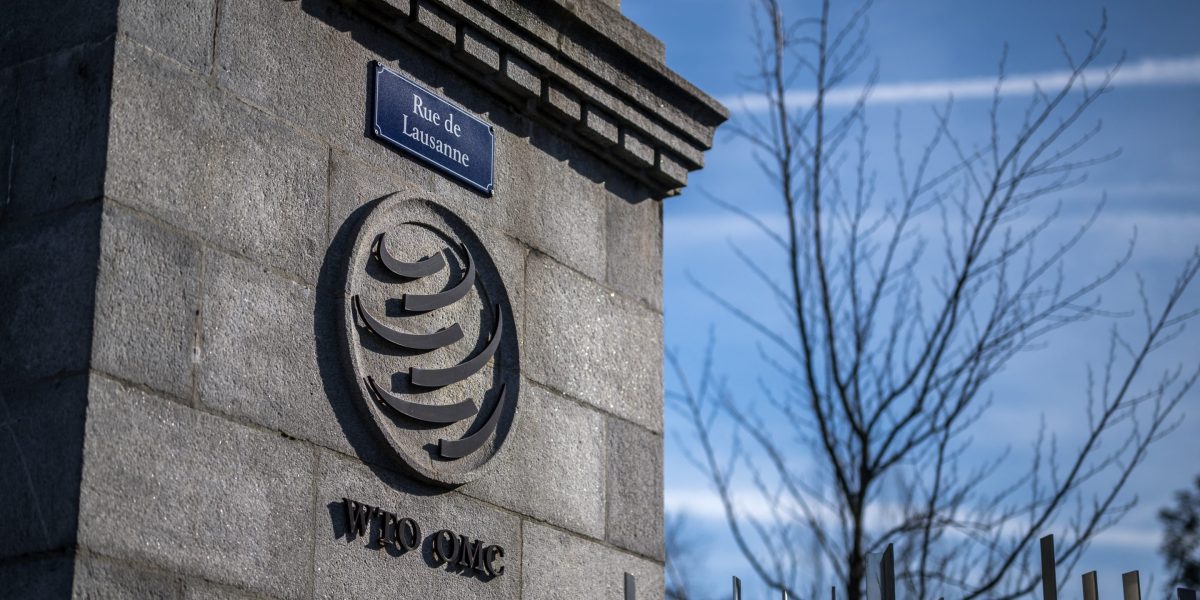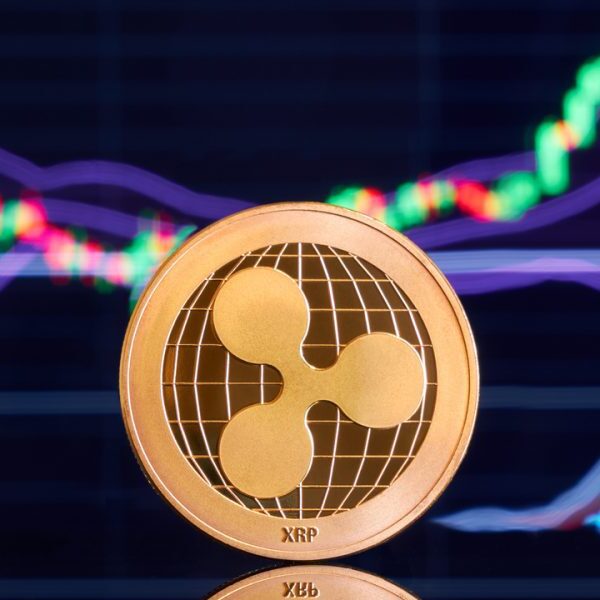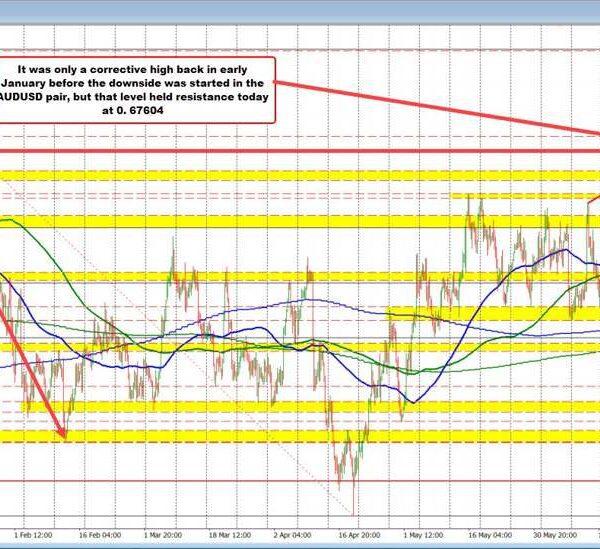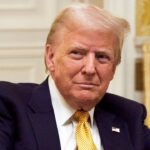

In late February, 4,000 delegates from 164 countries gathered in Abu Dhabi for the most important decision-making meeting for the World Trade Organization. The international organization faces a long list of thorny issues: some long-lasting, like dispute settlement mechanisms and agriculture subsidies, and some novel, like AI and data governance in global trade.
Ministers met for four days, then gave themselves a two-day extension. There were some meaningful achievements, like an agreement to facilitate foreign direct investment into developing countries. But ministers largely agreed to keep talking, ahead of future meetings. Unfortunately, there was no discussion of AI or how to use data, two of today’s hottest topics.
The result of the 13th Ministerial Conference (MC-13) was far from the comprehensive reform package that WTO watchers, like myself, think the trade body desperately needs to keep functioning and respond to the pressing needs of today’s global market. And it’s a disappointing result after two years of hard work since the previous ministerial conference in June 2022, and months of intense negotiations leading up to Abu Dhabi.
Trade officials may shrug their shoulders and start planning for the next ministerial conference in Cameroon in two years’ time. But that would be wrong. The failure of MC-13 shows that the WTO is gradually becoming detached from the real world of trade.
Negotiations to adopt new norms for the digital economy have reached a deadlock. The guidelines around cross-border data transfers and server localization are still fuzzy. Assessing the repercussions of generative AI hasn’t even begun.
Take global supply chain restructuring, as countries pursue “friendshoring” and “onshoring” agendas. It’s become an important agenda item for many governments, pursuing both legitimate and dubious policy objectives.
And yet the WTO has stayed silent on this fundamental issue of global trade, despite the fact that it strikes at the heart of the organization: the long-cherished non-discrimination principle. Governments are confident enough to admit publicly that they want to change the rules of global trade.
Yet the WTO remains unresponsive.
The 1994 Uruguay Round designated the WTO as a global governing body with binding legal norms and a strong dispute settlement mechanism. However, its early successes have been gradually overshadowed by its inability to resolve complex and sensitive disputes. It’s fighting a losing battle against sovereign states that are unwilling to cede their regulatory authority, leading to endless talk and negotiations as AI, bitcoin, and other digital technologies threaten to transform the world economy.
Sadly, the WTO in its current form can’t cater to the demands of the new global community. Dispensing with it is not an option; more chaos and confusion will ensue.
The WTO’s value comes in providing an arena for countries to come together and talk about trade. So how do we reconfigure the WTO’s modus operandi to protect that?
Some trade issues—customs proceedings, sanitary regulations, anti-dumping enforcement, and so on—can still be handled under the WTO’s current model as an enforcer of international rules with a strong dispute settlement process.
Yet these are long-settled and long-understood issues. The WTO will need a different modus operandi for the new issues of the digital economy, such as AI regulation, subsidy policy, supply chain reformulation, and the scope of national security.
In this case, the WTO should take a step back, performing the role of a facilitator rather than an organization that actively drives change.
This is unlikely to lead to sweeping global agreements, but instead plurilateral agreements where states form their own blocs with like-minded countries. The WTO can then monitor and oversee these different agreements, facilitate negotiations of future agreements, and offer its dispute settlement mechanism for states participating in these blocs.
It’s not a pure coincidence that two of the three agreements adopted by the WTO since its inception have “facilitation” in their titles: The Trade Facilitation Agreement of 2013 and the Investment Facilitation for Development Agreement of 2024. Perhaps “facilitation,” rather than “action,” is the only thing an increasingly polarized global trade community can agree on.
Alternate dispute resolutions could offer new ways to resolve complex, politically charged trade disputes, such as the U.S.-China semiconductor dispute or the EU-China EV feud. Mediation may turn out to be useful, helping countries by breaking away from strict binding legal norms towards something more flexible and creative. These solution-oriented dispute settlements prove useful in resolving complex state-to-state disputes where legal norms ended up being outdated, vague, or just absent, such as when the Gulf Cooperation Council facilitated reconciliation between Qatar and Saudi Arabia in 2021.
Becoming a consultative body would not mean giving up on the WTO’s ambition to drive global policy. Consider the recent success of the OECD in adopting global rules on digital tax. The international body succeeded in reaching an agreement on digital taxes in October 2021, and as many as 137 countries got on board. Critically, the U.S. and China both agreed to the framework, which is notable given their confrontations in the global economy.
Why did the OECD succeed, when the WTO has yet to even start the discussion? Perhaps, as a consultative body, the OECD produced a space where states can discuss sensitive and complex issues in a more open, candid, and creative manner.
A less ambitious, more consultative WTO can show meaningful leadership in tackling newly emerged global issues. Sometimes, less is more.
The opinions expressed in Fortune.com commentary pieces are solely the views of their authors and do not necessarily reflect the opinions and beliefs of Fortune.















